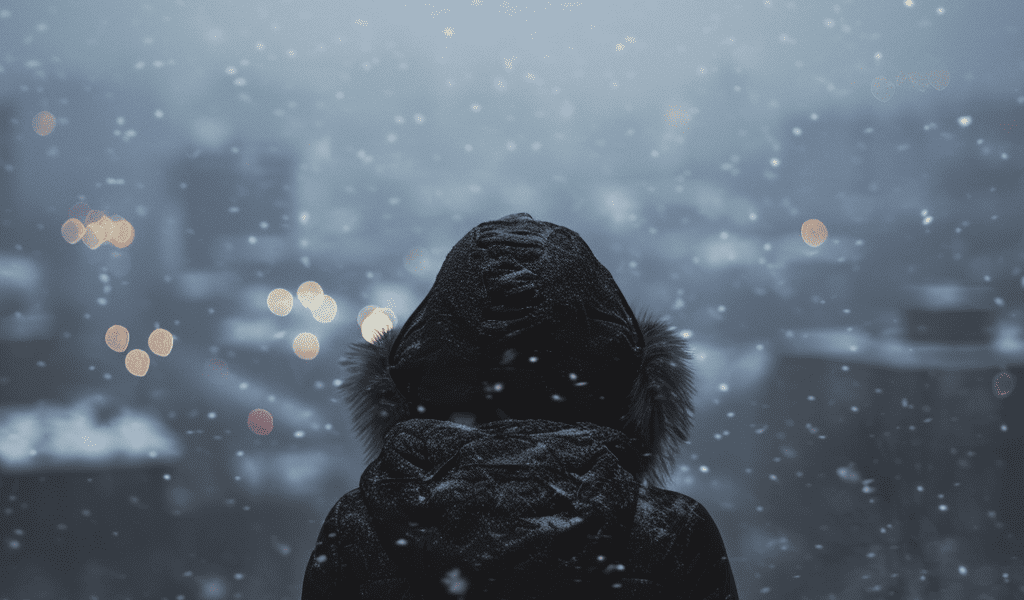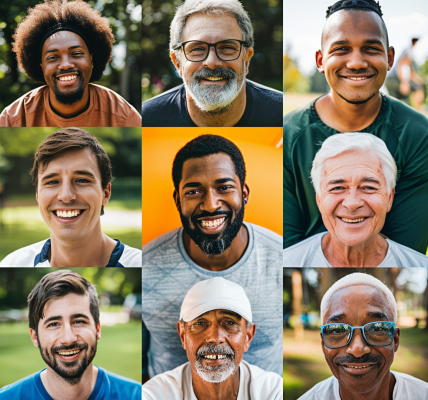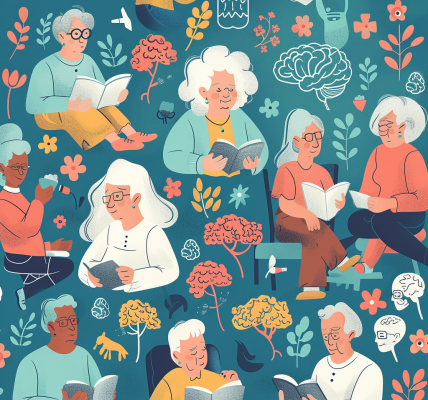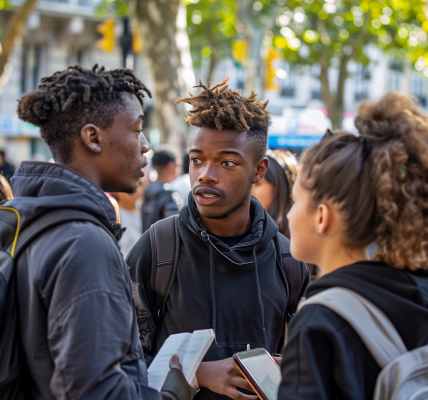A bitter winter storm is sweeping across the north-east of North America this weekend, and is expected to bring significant snow to New York City for the first time in two years. Low temperatures around freezing are expected to last into next week.
If this is making you miserable, it’s because you, like most people, overwhelmingly prefer hot places. That group does not include Cara Ocobock, a biological anthropologist at University of Notre Dame who is one of the scientists trying to understand how the human body adjusts to extreme cold. “I just handle cold much better than I can handle heat,” says Ocobock.
Researchers like Ocobock have recently uncovered a variety of physiological adaptations linked to cold. Those range from anatomical to metabolic changes, and can stem from generations of natural selection or simply the short-term effects of acclimatization. These discoveries help people make practical decisions today, and most important to Ocobock, they hint at what we should expect in an increasingly capricious climate where winter cyclones freeze people in what are normally hot places, and heat waves make people swelter in what are normally icy ones.
Climate change is driving up ocean temperatures, fueling powerful winter storms in the northeast US seemingly every year. Strong polar winds are bringing harsher, earlier, cold fronts. This October, temperatures in Houston, Texas, dropped a record 43 degrees Fahrenheit within 24 hours. Denver, Colorado, tied its earliest freeze in history on September 8, 2020, just hours after reaching 93 degrees in a record-setting heat wave. A deep freeze engulfed Texas for nine days in February 2021. It was the state’s coldest storm in 132 years. Scientists have debated whether an Atlantic Ocean current will collapse, triggering a massive drop in temperatures in Europe, but many disagree. Meanwhile, Earth’s summers have been brutal, even in the most frigid places, such as Siberia, which endured record heat in 2021 and 2023.
Ocobock wonders what we can learn about human bodies in a changing climate. “There are people who have been living in these climates for generations upon generation upon generation, and we are now seeing unprecedented rapid change in weather as well as climate,” she says. “So how are our bodies re





